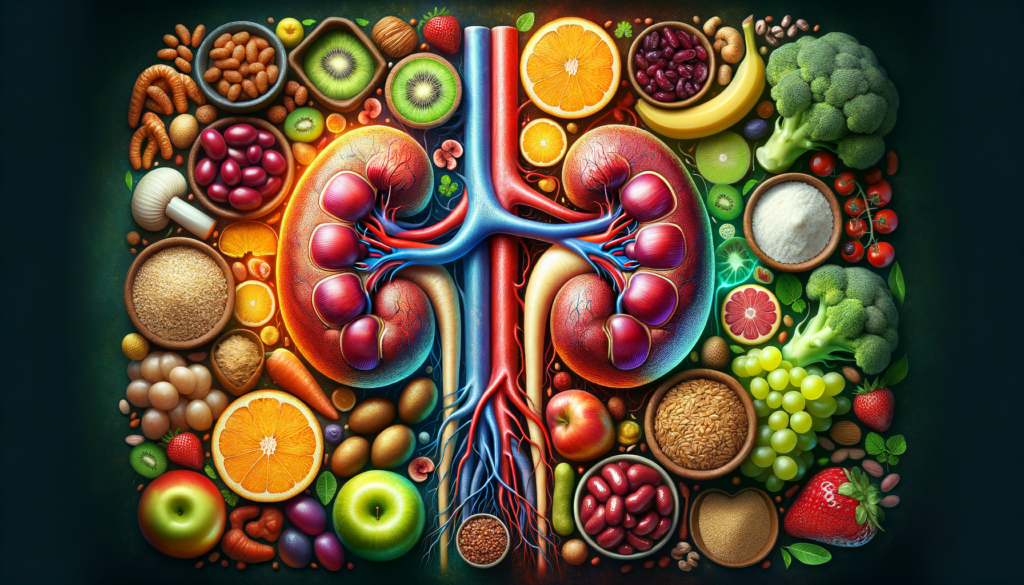The Gaming Blog

Introduction to Kidney Health
The kidneys play a crucial role in maintaining overall health by filtering waste and excess fluids from the blood. When kidney function declines, it can lead to kidney failure, a serious condition requiring immediate attention. Understanding how to maintain kidney health is essential for preventing kidney-related diseases and ensuring long-term wellness.
This article delves into the causes of kidney failure, the importance of a kidney-friendly diet, and practical dietary choices to keep your kidneys healthy.
Causes and Symptoms of Kidney Failure
Kidney failure, also known as renal failure, occurs when the kidneys lose their ability to filter waste effectively. This condition can be acute or chronic, with chronic kidney disease (CKD) being more common. The leading causes of CKD include diabetes, high blood pressure, and glomerulonephritis.
Symptoms of kidney failure may include:
- Fatigue and weakness
- Swelling in the legs, ankles, and feet
- Shortness of breath
- Confusion or difficulty concentrating
- Nausea and vomiting
Early detection and management of these symptoms can prevent progression to end-stage renal disease, where dialysis or kidney transplant becomes necessary.
The Importance of a Kidney-Friendly Diet
Diet plays a pivotal role in managing kidney health. A kidney-friendly diet helps reduce the workload on the kidneys and slows the progression of kidney disease. It typically involves controlling the intake of certain nutrients like sodium, potassium, and phosphorus, which can accumulate in the blood when kidney function is impaired.
Adopting a kidney-friendly diet can help manage blood pressure and blood sugar levels, both critical factors in preventing kidney damage. Consulting a healthcare provider or a dietitian can provide personalized dietary recommendations based on individual health needs.
What to Eat to Keep Your Kidneys Healthy
Maintaining a balanced diet with the right nutrients is essential for kidney health. Here are some dietary tips to support your kidneys:
- Choose fresh fruits and vegetables, which are naturally low in sodium.
- Opt for whole grains like brown rice and whole wheat bread.
- Include lean protein sources such as chicken, fish, and plant-based proteins.
- Limit processed foods high in sodium and phosphorus.
- Stay hydrated with water, avoiding sugary drinks and alcohol.
These dietary choices can help maintain optimal kidney function and prevent further complications.
Conclusion: Prioritizing Kidney Health
Understanding the importance of kidney health and the role of diet in preventing kidney failure is vital for overall well-being. By making informed dietary choices and managing underlying health conditions, individuals can significantly reduce their risk of developing kidney-related issues.
Regular check-ups with healthcare professionals and adhering to a kidney-friendly diet can ensure your kidneys remain healthy and functional for years to come.









